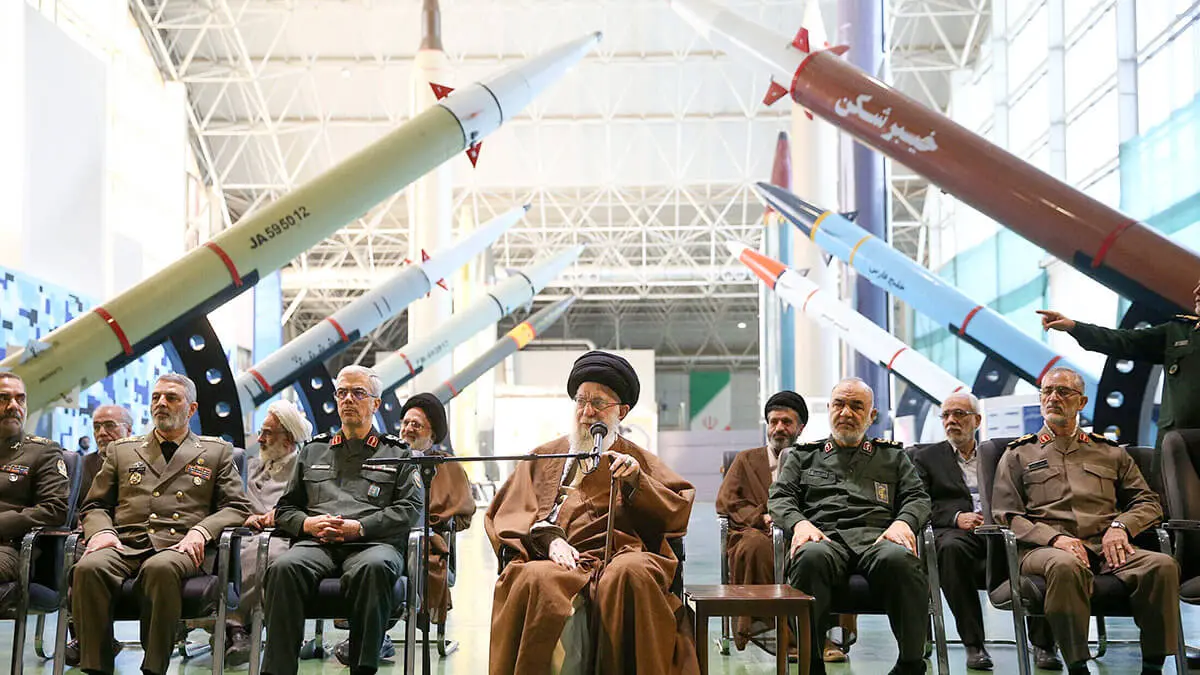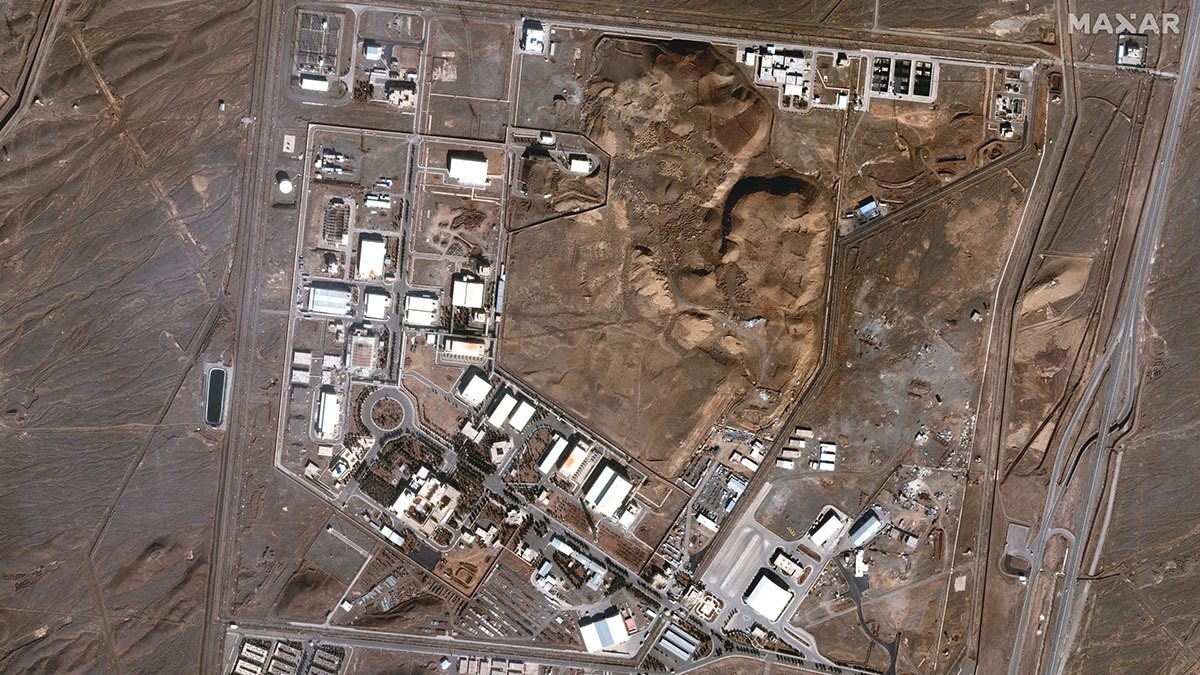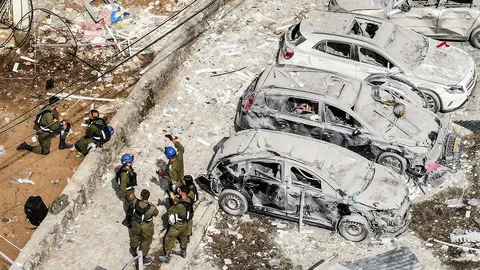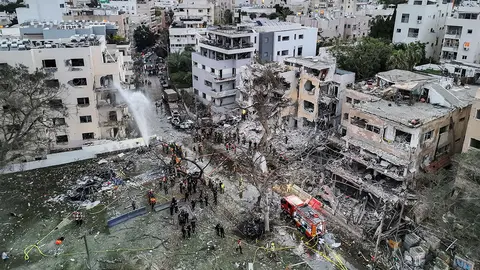G7 leaders call for ceasefire in Middle East and reject Iran's nuclear programme

The leaders of the Group of Seven (G7) reaffirmed their unwavering commitment to protecting peace and stability in the Middle East, against a backdrop of growing tension between the Islamic Republic of Iran and Israel. The summit, held in Kananaskis, Canada, concluded with a final statement that made clear the joint position of the major industrialised economies on the regional crisis.
In their message, the heads of state emphasised ‘Israel's right to defend itself’, thus showing their full support for the security of the Israeli state. However, they stressed the importance of protecting civilians in all areas of conflict, sending a message of responsibility and restraint to both sides.
Firm rejection of a nuclear Iran
One of the strongest points of the statement was the direct condemnation of the Iranian regime, which was identified as ‘the main source of instability in the region.’ The G7 leaders reiterated their unanimous position that ‘Iran cannot, under any circumstances, possess a nuclear weapon,’ thus aligning themselves with the position of the administration of US President Donald Trump, which has advocated curbing the escalation through diplomatic negotiations.
Meanwhile, Israel continues to bomb strategic targets inside Iranian territory, while Tehran continues its attacks on Israeli cities, further intensifying the risk of a large-scale confrontation.

A ceasefire covering Gaza
Recognising the interconnectedness of the multiple flashpoints in the region, the G7 leaders made an express call for a peaceful resolution to the Iranian crisis, emphasising that this should lead to a broader de-escalation in the Middle East, including the demand for a ceasefire in the Gaza Strip. This message is interpreted as a clear invitation to all parties involved in the Palestinian-Israeli conflict to stop the violence and resume diplomatic channels.

Warning on energy markets
Finally, the summit made clear the bloc's concern about the impact that the confrontation between Israel and Iran could have on the stability of international energy markets. In its statement, the G7 said it would ‘remain vigilant’ to the potential economic repercussions of the crisis and expressed its willingness to coordinate with like-minded partners to protect market stability in an effort to mitigate any adverse effects on global energy security.
With this message, the G7 seeks to send a signal of unity and determination at a critical time for the region and for international security.










